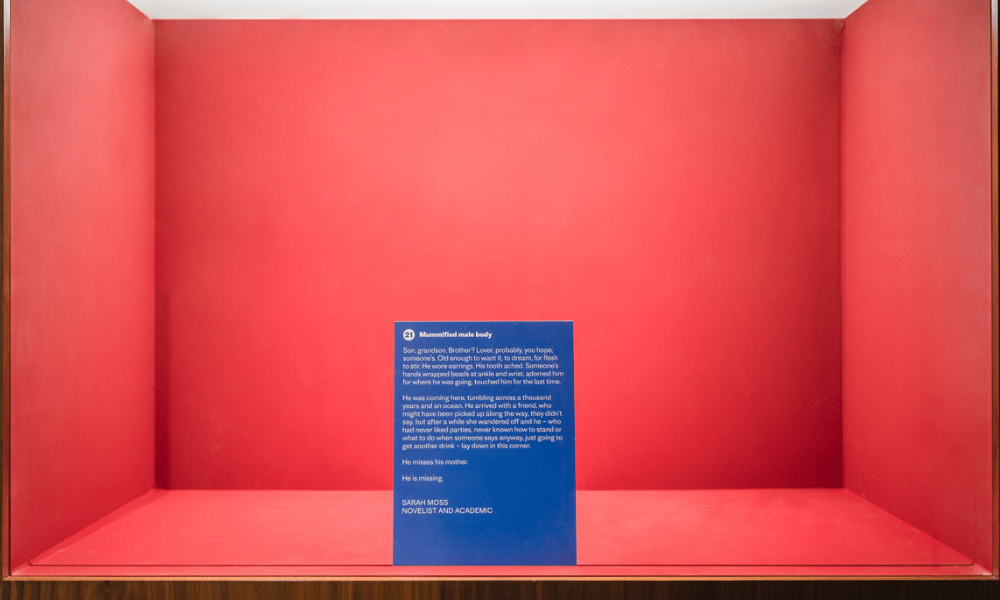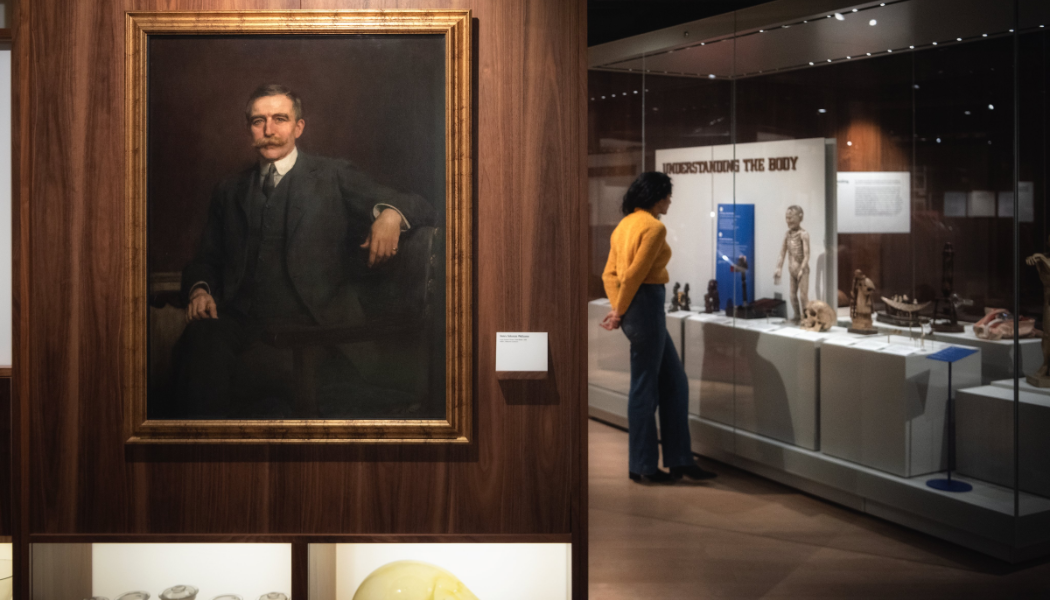This weekend a permanent exhibition at the Wellcome Collection will be closed by the museum and library as it seeks to address a display it says perpetuates a version of medical history that is based on racist, sexist and ableist theories and language.
The location holds items collected by Sir Henry Wellcome who, through his agents, amassed more than a million objects which combine to tell a story of the history of health and medicine.
‘Medicine Man’ is a free permanent display of a small part of that collection, and includes a range of objects relating to sex, birth and death and includes anatomical models in wood, ivory and wax dating back to the 17th century.
On Twitter, the Wellcome Collection explained that individual items within this display show “all the extraordinary ways in which people, through time and across cultures, have sought to understand the workings of the mind and body, to protect themselves and care for one another.”
“But by exhibiting these items together – the very fact that they’ve ended up in one place – the story we told was that of a man with enormous wealth, power and privilege.”
But by exhibiting these items together – the very fact that they’ve ended up in one place – the story we told was that of a man with enormous wealth, power and privilege.
And the stories we neglected to tell were those that we have historically marginalised or excluded. pic.twitter.com/YYgr5xyl3J
— Wellcome Collection (@ExploreWellcome) November 25, 2022
Since the creation of the exhibition, a series of interventions have been made in which artists and writers respond to address the collection’s colonial legacies, but it said “the display still perpetuates a version of medical history that is based on racist, sexist and ableist theories and language.”
Continuing in a Twitter thread, the museum wrote: “When our founder, Henry Wellcome started collecting in the 19th century, the aim then was to acquire vast numbers of objects that would enable a better understanding of the art and science of healing throughout the ages.
“The result was a collection that told a global story of health and medicine in which disabled people, Black people, Indigenous peoples and people of colour were exoticised, marginalised and exploited – or even missed out altogether.”

As a result it will close ‘Medicine Man’ on 27 November 2022.
“We can’t change our past,” it said on Twitter. “But we can work towards a future where we give voice to the narratives and lived experiences of those who have been silenced, erased and ignored.”
It has asked its Twitter followers for feedback on what a museum’s purpose is.









